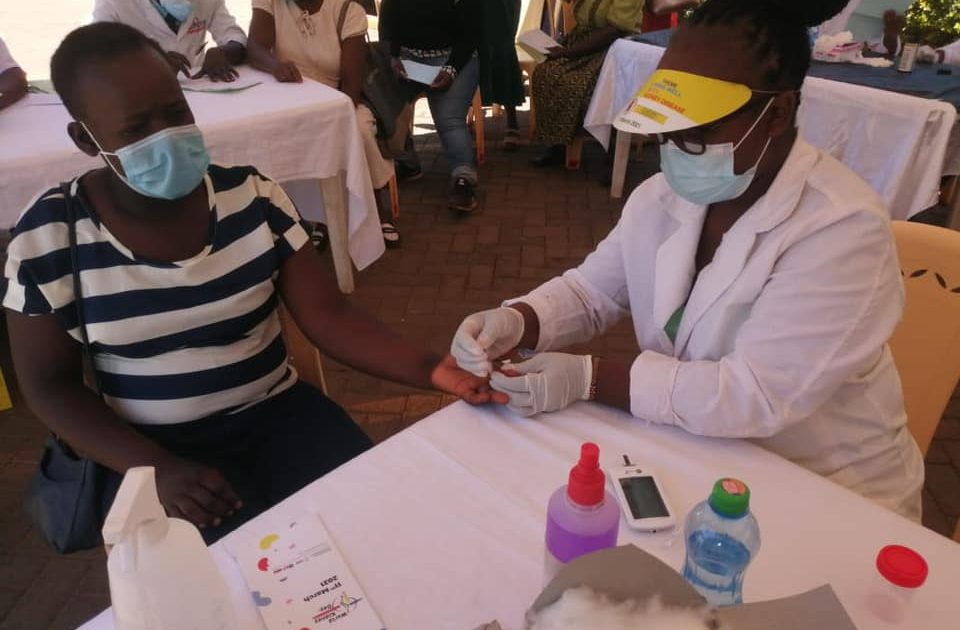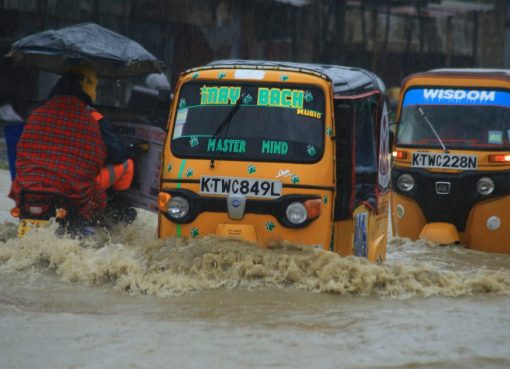Kenyans joined the rest of the world in observing World Kidney Day on Thursday as part of a global campaign to raise awareness on the risk factors and prevention of kidney disease.
The Kenya Renal Association together with the World Kidney Day joint steering committee declared “Kidney health for all-advancing equitable access to care and optimal medication practice” as the theme for 2024.
It is estimated that in Kenya, five million people are battling chronic kidney disease, with many Kenyans especially those in the rural and marginalised communities facing extreme barriers to kidney health care.
According to Elizabeth Kibunja a nephrology nurse at Thika Level 5 hospital’s renal unit, the theme could not have been timelier as in Kenya, more so Thika town, the burden of kidney disease is grossly underestimated.
Speaking to KNA during a free kidney screening exercise held at the hospital, Ms Kibunja said that Kenya, a country with more than 50 million people had less than 100 nephrologists, with over ninety percent of them stationed in hospitals within Nairobi County.
“We are facing a lot of barriers when it comes to diagnosis, treatment and management of kidney disease. The biggest barrier we are facing currently are financial constraints as treating kidney disease is very expensive and a lack of trained kidney care specialists, both nurses and doctors.”
“As a result, we have many cases of late-stage presentation of patients with kidney disease who end up dying before or while receiving treatment. Chronic kidney disease occurs in stages that persist over months or even years. Awareness of the disease symptoms have saved many lives.” she said.
She added that it was important for medics to share information with patients and the public about kidney disease and the predisposing factors.
“Kidneys filter all the blood in the body every 30 minutes. They work hard to remove wastes, toxins, and excess fluid as well as help control blood pressure, stimulate the production of red blood cells, keep bones healthy, and regulate blood chemicals that are essential to life.
“Having kidney disease means your kidneys are damaged and can’t filter blood the way they should. Experts associate kidney disease to risk factors such as diabetes or high blood pressure. If you experience kidney failure, treatments include kidney transplant or dialysis.
“I have listened to many patients on dialysis talk about how they lived with diabetes or high blood pressure as they were not aware of how medications prescribed for such conditions can be damaging to their kidneys. However, diabetes or high blood pressure does not always end in kidney failure,” said Ms Kibunja.
She urged the government to come up with aggressive awareness campaigns that have the power to change communities by empowering them with education on the prevention and management of kidney disease and allocate adequate finances to enable the recruitment of more nephrologists in the country.
She also appealed to insurance companies to come up with medical schemes that were pocket friendly to patients living with kidney disease as the current available ones were not sustainable for the ordinary mwananchi.
By Hellen Lunalo





